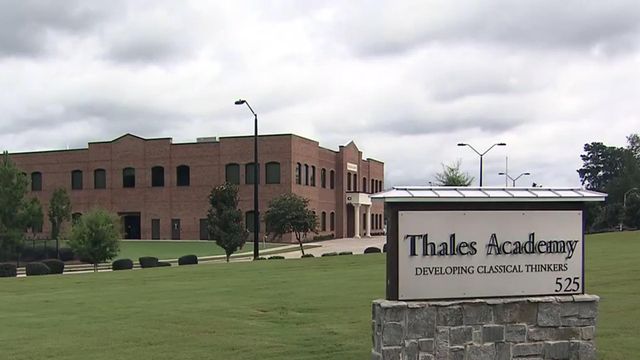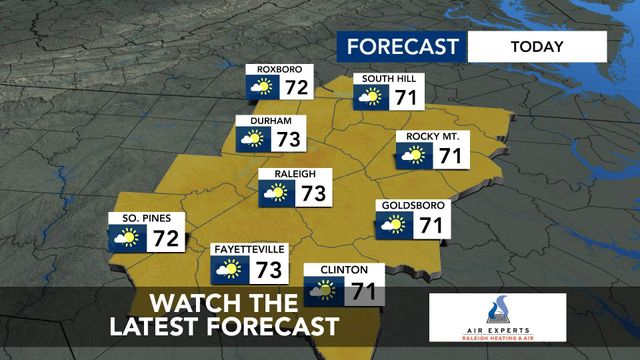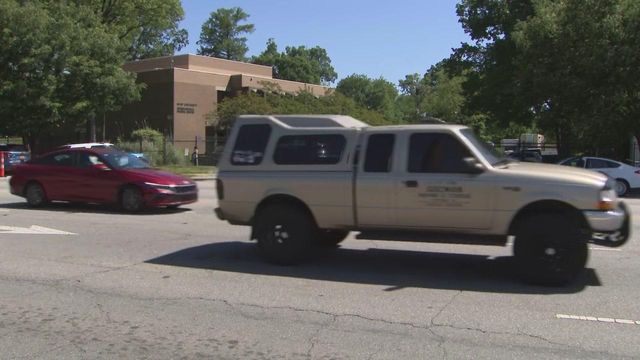Families must weigh risk, reward of sending children back to elementary school amid pandemic
With Gov. Roy Cooper giving the go-ahead for elementary schools to return to in-person classes in a little over two weeks, school districts across North Carolina now have to decide whether to pursue that option, and parents must determine if it's right for their child.
Cooper announced Thursday that districts could shift elementary schools to in-person instruction five days a week, starting Oct. 5. Right now, many districts offer all classes online, with some providing a mix of in-person classes for small groups some days and online classes other days to limit the spread of coronavirus.
Middle schools and high schools must continue using that mixed model or online-only classes for now.
Cooper and Dr. Mandy Cohen, secretary of the state Department of Health and Human Services, said they wanted to start the move to full-time, in-person classes with elementary school students because of studies showing younger children get infected by the virus less often, are less likely to transmit it to others and usually have milder cases of COVID-19.
"We have had many children admitted at UNC Children’s [Hospital] with severe illnesses from COVID-19, but again, thankfully, the majority of children that are infected, particularly younger children, have a relatively mild illness, and many do not know they have been infected," said Dr. Michael Steiner, chief pediatrician at UNC Children's Hospital.
"We are learning something new every day about this virus and children," said Dr. Charlene Wong, a Duke University Hospital pediatrician and health services researcher at Duke's Margolis Center for Health Policy. "They seem to have less of an issue both getting COVID-19 and, when they get it, the risk [is lower] they would spread it to other people, either other children or staff in the school."
Wong said not allowing younger students to return to school can have its own ill effects.
"We call it the 'COVID slide' because they are losing academic achievement," she said, adding that it "will have long-lasting impacts on children.”
Day care centers, some of which have been open throughout the pandemic to care for children of essential workers, have shown that young children don't readily spread the virus, Wong said.
"We just are not seeing those types of clusters in our younger children," she said.
Thales Academy, which operates 10 private schools across the Triangle, opened this summer with in-person instruction and completed its first quarter without a single coronavirus outbreak, said Hilary Herman-Pagliolo, administrator of the Knightdale campus.
"We did not have any transmission of COVID inside any of our school buildings," Herman-Pagliolo said.
Thales did have to deal with the virus. The entire fourth grade of the Wake Forest campus was quarantined after one student tested positive, and the Raleigh campus was deep cleaned after a visiting staff member tested positive. Both of those infections occurred outside school, however.
"I don’t think you can predict what is going to happen, especially under pandemic circumstances," Herman-Pagliolo said.
Thales put extensive safety protocols in place to halt the virus, she said, including health screenings and temperature checks before students enter a building. But masks weren't required of elementary-age students.
Once public elementary schools open, Steiner said following safety protocols, such as wearing masks, social distancing and extensive cleaning, will be crucial, especially for families who are vulnerable to the virus.
"Parents and grandparents and others with chronic health conditions need to be very careful as their students go back to school in person," he said.
Having an option to keep children in online classes is vital for those families, he said.












